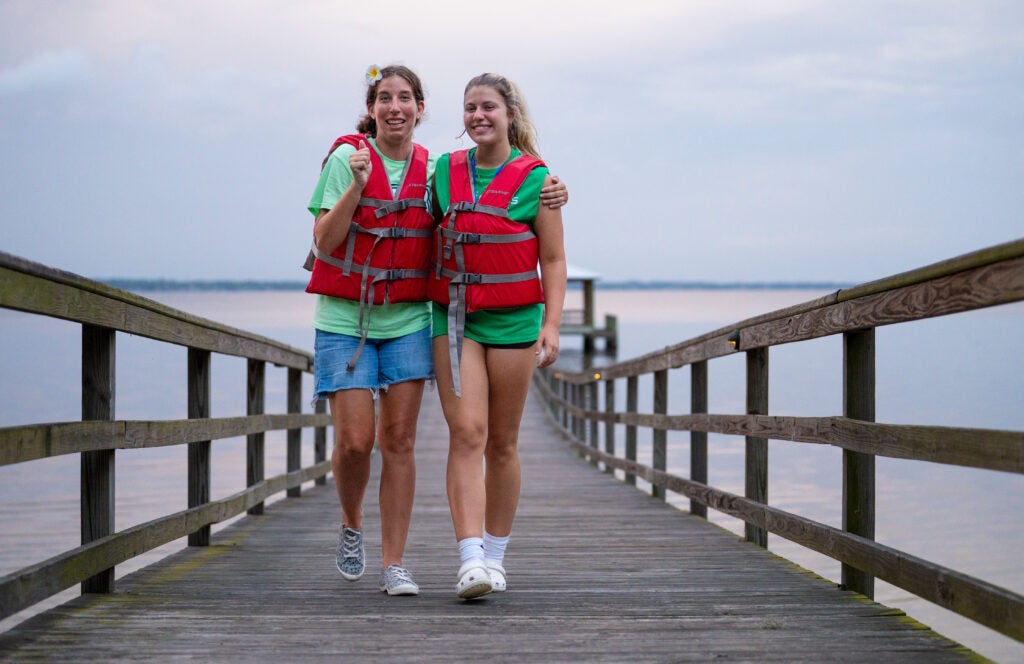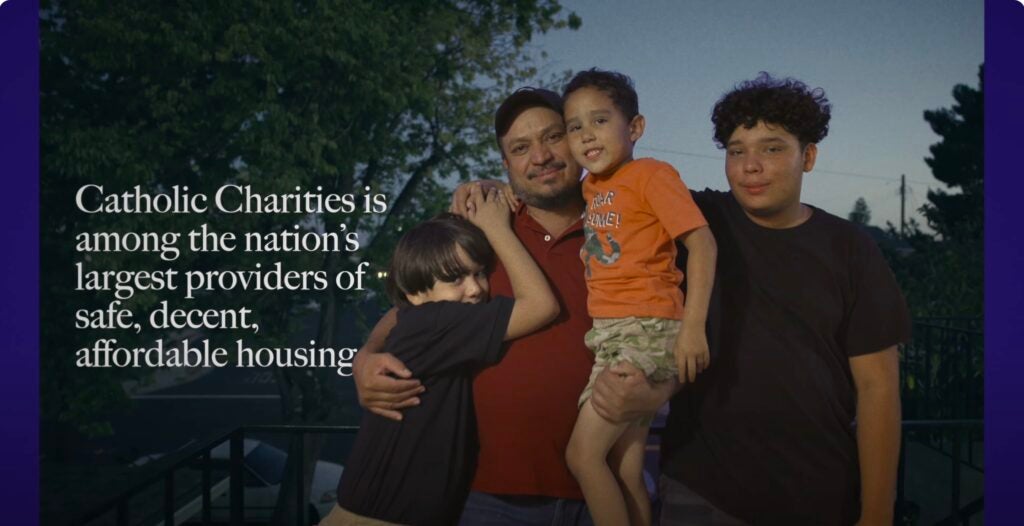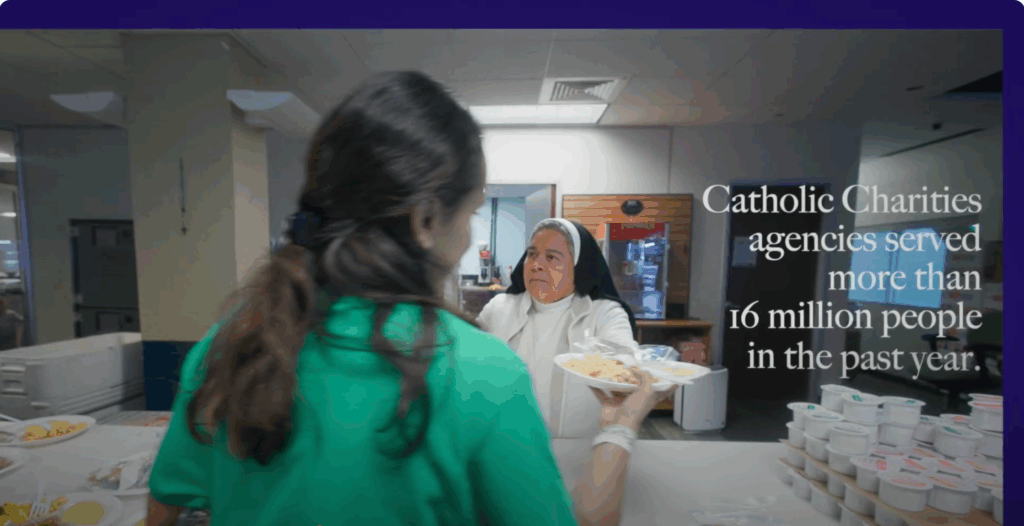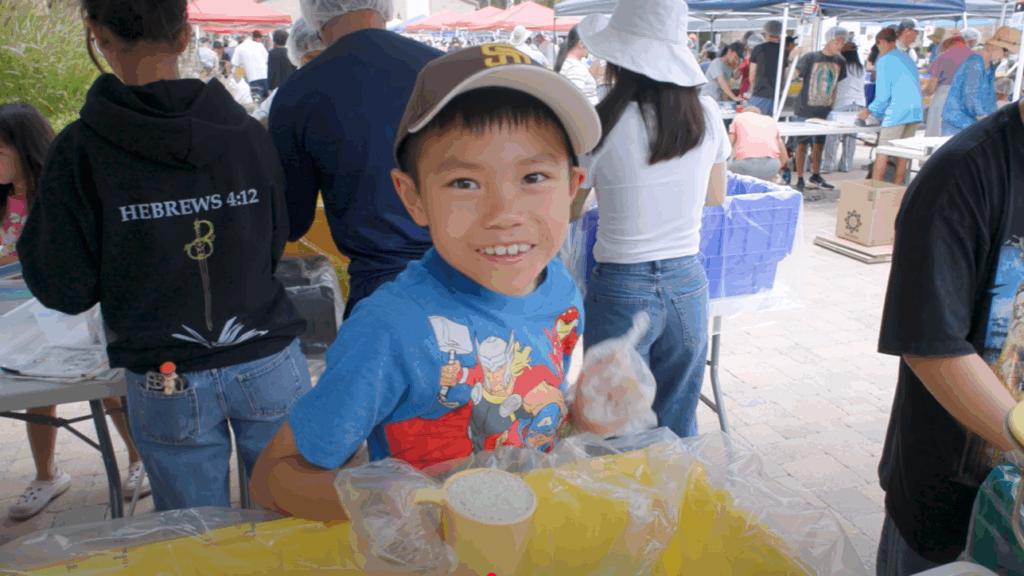
Promoting healing, change: Applying lessons learned from Ferguson
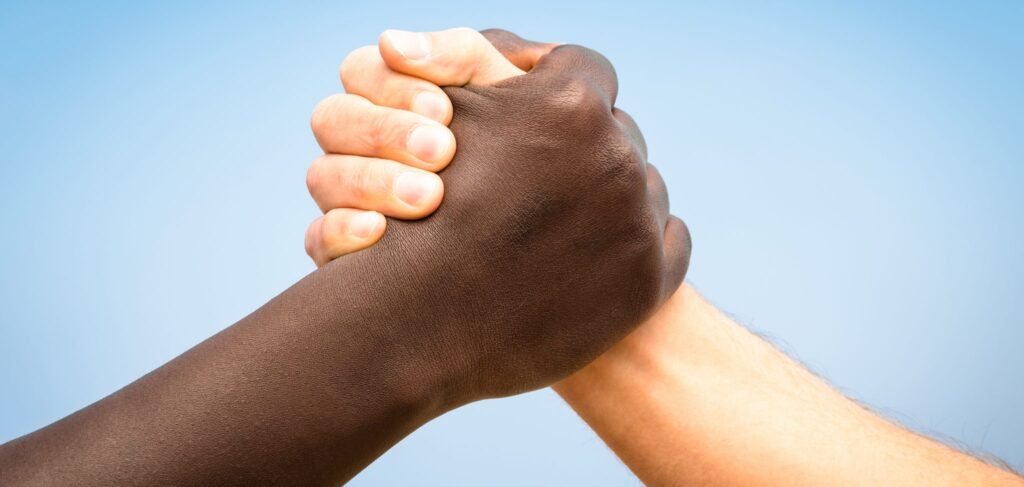
By Theresa Ruzicka, President, Catholic Charities of St. Louis
In our daily work at Catholic Charities, we accompany people who are in need, many who are particularly vulnerable. In our diocese and many others, this includes a disproportionate number of our Black brothers and sisters, who have been individually and systemically marginalized. The killing of George Floyd and subsequent civil unrest highlighted what we already know: There is still much work to be done to stamp out hate, heal ongoing hurt, and achieve racial equity.
It is a scenario that mirrors what took place in 2014, when the shooting of Michael Brown in Ferguson, Missouri, sparked similar outcry and focus on racial inequity in the metropolitan region served by Catholic Charities of St. Louis (and in other areas across the country).
Even though we were providing services in North County, where Ferguson is located, we found ourselves asking what more could we do? What more should we do to impact the underlying issues of poverty, racism, neglect of neighborhoods, housing, employment and education disparities, inequities in the criminal injustice system and others?
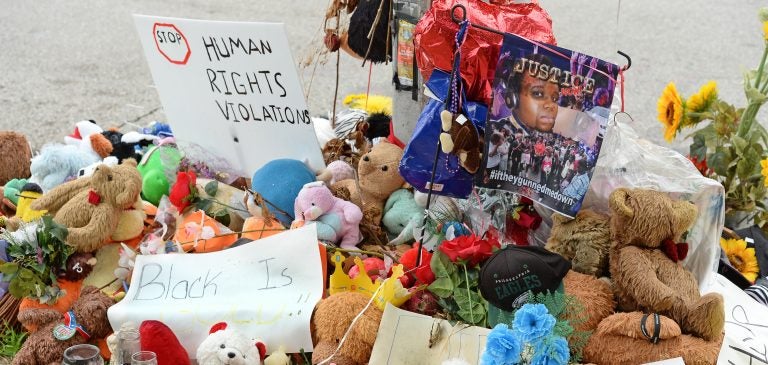
Editorial credit: Gino Santa Maria / Shutterstock.com
While then-Archbishop Robert Carlson and other leaders were visible in the community praying and calling for change in our community, Catholic Charities had begun to think about a different approach to our work. Action took on a new sense of urgency.
Through research and discernment, we developed a program focused on our poorest neighborhoods, a program that would foster permanent, positive change. With one of our eight federated agencies, St. Francis Community Services, we launched Pathways to Progress, providing intensive, long-term case management and other services designed to empower families toward economic stability and a better life. We committed to work with families for two to four years to help them overcome obstacles and encourage them on the journey.
Families are supported to develop a personal plan with goals to strengthen skills, build financial assets and access resources from our federated agencies and community partners, including Urban League of Metropolitan St. Louis; YWCA Metro St. Louis; Society of St. Vincent de Paul of St. Louis; St. Louis County Department of Public Health; St. Louis University’s College of Public Health and Social Justice, and others. Collaboration is essential to this model of community investment.
In September 2019, we hosted a completion ceremony for nine proud Pathways to Progress members who carved their own paths to economic stability and have hope for brighter futures. Pathways is available to families in North St. Louis County. Sixty families are currently enrolled. Plans are underway to expand the program into North St. Louis City.
The death of George Floyd and current wave of protests are not substantially changing what we are doing at Catholic Charities of St. Louis, as much as they are affirming the need to do more of what we already do. We are focusing on Pathways to Progress because empowerment programs can help people to overcome current injustices and may encourage them to engage in the community as advocates for systemic change.
In addition, we knew that engaging people across the community in understanding the challenges was important, because it is OUR community. In May 2015, for example, we partnered with the Society of St. Vincent de Paul, on a poverty and racism summit: Understanding Two Americas: When Race & Poverty Divide. Father Bryan Massingale and Dr. Donna Beegle provided personal experiences and insights to discuss and educate more than 250 people on the issues and potential courses of action.
Today, we continue through our advocacy efforts to speak for those whose voices are still not heard, educating lawmakers and the public about life-affirming policies that protect the vulnerable and promote opportunity for all. We also provide educational and experiential opportunities for our staff, board, and supporters, including a Poverty Simulation; quarterly lunch-and-learn series featuring speakers presenting on current issues; and a Learning into Action series hosted by our Young Professionals group. All are designed to help us better understand the lived experiences of our marginalized neighbors.
I am hopeful and inspired by the final words of Racial Justice and the Catholic Church: “Social life is made by human beings. The society we live in is the outcome of human choices and decisions. This means that human beings can change things. What humans break, divide and separate, we can – with God’s help – also heal, unite and restore.”
On the July 2020 Catholic Charities diocesan directors call, Theresa shared these lessons learned from Ferguson:
- Be visible – praying, discussing, and listening, including with staff and clients
- Collaborate with government, education, healthcare, businesses, and nonprofits
- Look hard at whether efforts really address daily obstacles and biases people face. Although CCSTL was already working in North St. Louis County, where Ferguson is, we launched Pathways to Progress to work closely with families to overcome obstacles.
- Educate boards, parishes, and groups on community issues (Lunch ‘n Learn sessions, parish speaking events)
- Work with the Peace and Justice Commission formed by the Archdiocese of St. Louis
- Advocate to state lawmakers about the impacts of public policies on the poor
- Ask “What do WE want for OUR community?”
- Issue a statement/stance – CCSTL issued a statement after the killing of George Floyd
- Be people of faith, respecting and caring for our neighbors.
- Set the example – speak up and promote everyone’s dignity.

